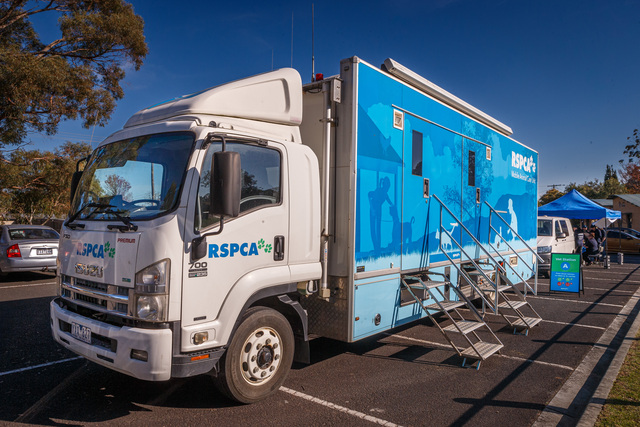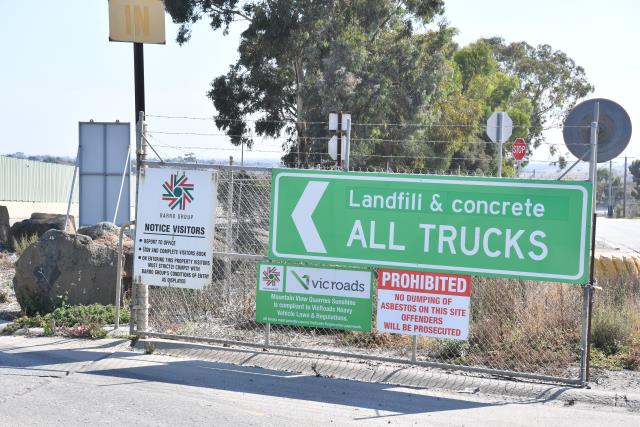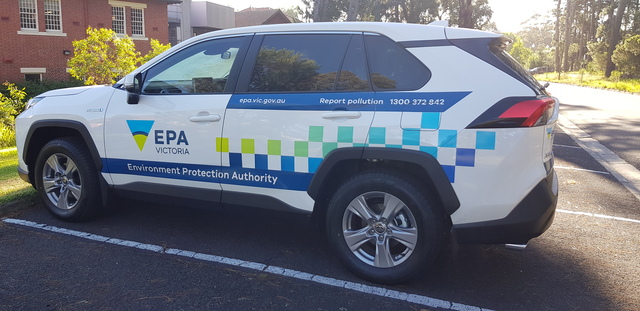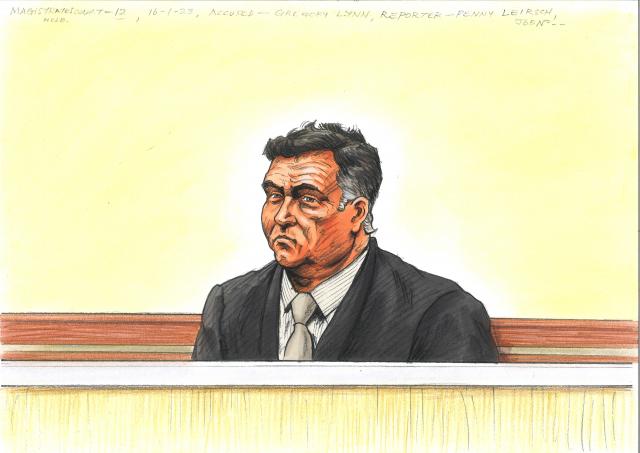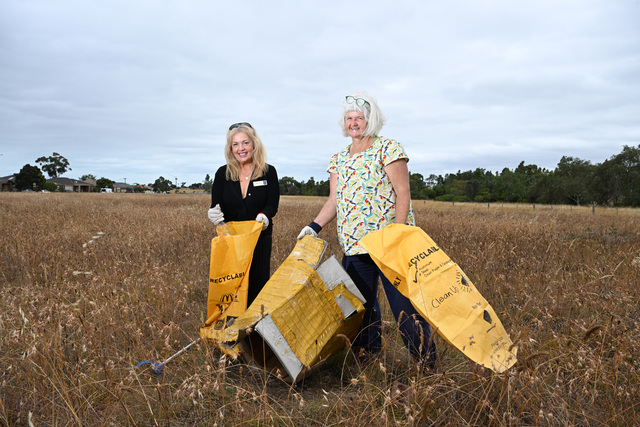Brimbank has risen to fourth for pets seized and surrendered in the last 12 months, according to new data from the RSPCA, but the data doesn’t explain the whole story.
The finger is largely being pointed at the increased cost of living, leaving families unable to spend the money on adequate food and care for their pets, however in Brimbank, a rare case has inflated the figures.
Council city futures director Kelvin Walsh said the outlier had misconstrued the results and not painted an accurate picture of the whole community
“These figures include a large seizure of 87 cats from one property, which was undertaken in partnership with the RSPCA to ensure the best outcome for the animals involved,” he said.
“Without this unusually large seizure, Brimbank wouldn’t appear so high on the list.
“Brimbank values the work that the RSPCA does to protect the welfare of animals and pets in Brimbank and across the state.”
The seizure took place last October.
RSPCA acting chief inspector Michelle Green said while malicious cruelty was still occurring, their team was helping struggling pet owners more than ever before.
“It’s incredibly disappointing to still see malicious cruelty still occurring in the community … animals being beaten, small animals being used for live-baiting, and even cockfighting, though this type of animal cruelty is much less common than neglect,” she said.
“The majority of the animal cruelty we see is actually neglect as a result of people’s circumstances changing beyond their control, such as hospitalisation, financial pressures, or sudden joblessness, while other animals suffered due to owners simply not understanding how to care for their pets adequately.
“It’s an increasingly challenging environment out there following the pressures of the pandemic, and the cost-of-living crisis is only compounding this.
“We’re also seeing people struggling to provide for the number of animals they have, whether that be households caring for unplanned litters from un-desexed pets, or people whose circumstances have changed and they’re no longer able to support their pets.
“If you are struggling to care for your pets you are not alone, please don’t be afraid to reach out for help and please don’t wait until your pet is suffering.
“People can reach out to us, to other community-based programs, to their local council or other groups that may be able to provide support.”

